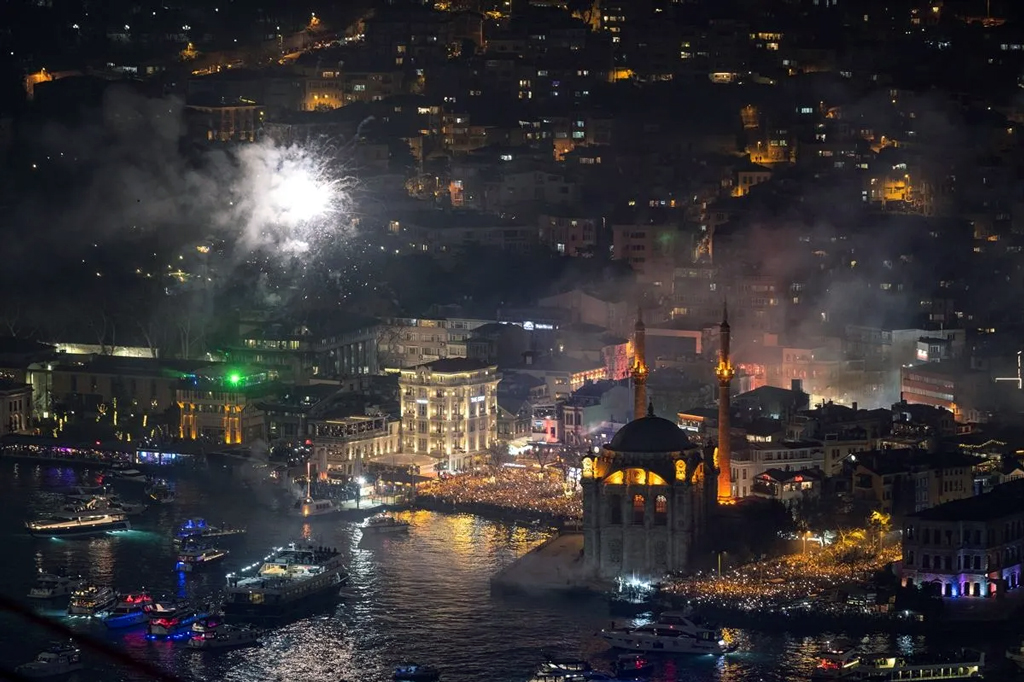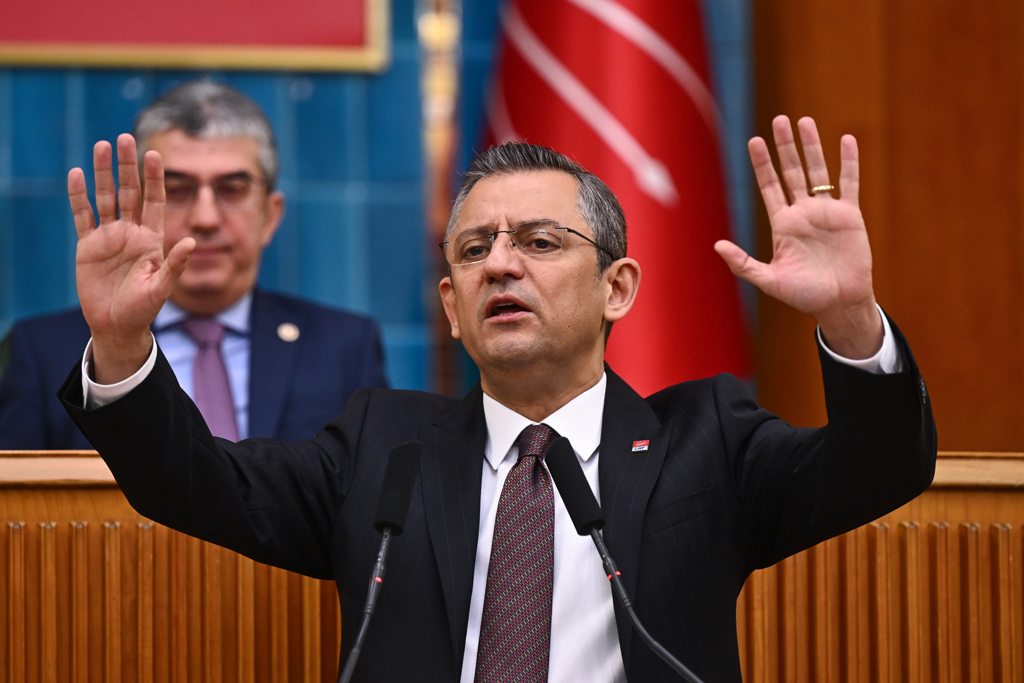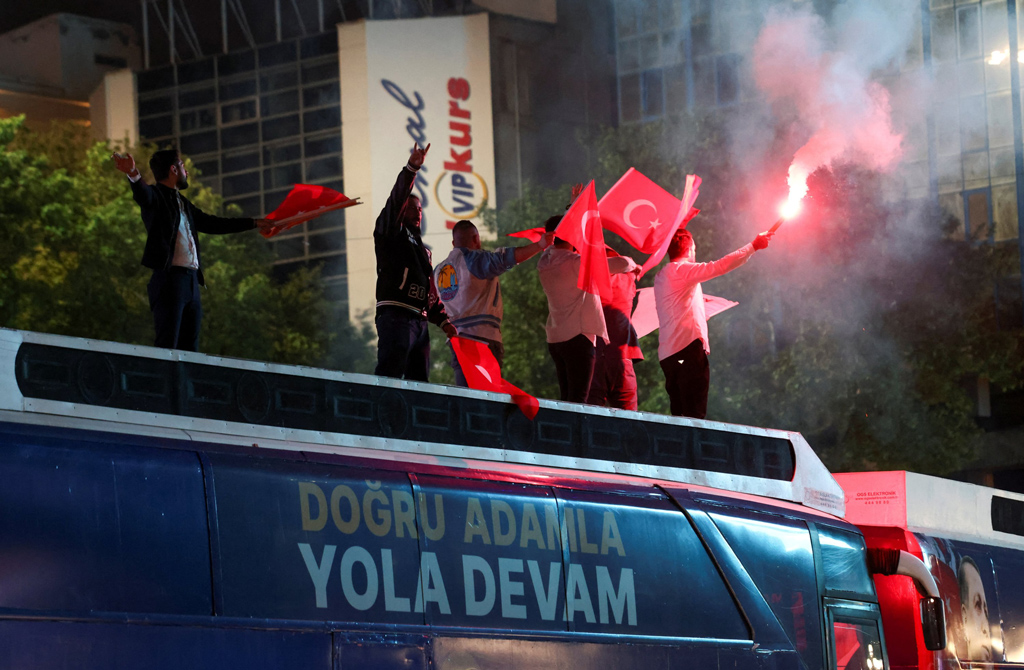Indeed, Erdoğan took a jab at CHP Chairperson Özgür Özel without mentioning Istanbul Mayor Ekrem Imamoğlu, with reference to his role as de facto co-chair of the main opposition party: "Through our victories, we shall also liberate Mr. Özgür. One cannot engage in politics with one's debts hanging over one's head. If Mr. Özgür would like to obtain his political license, he should get rid of his guardians and masters instead of attacking us." The president also took that opportunity to highlight Özel's ongoing efforts to talk the Green Left Party (YSP), informally known as the Peoples' Equality and Democracy Party (DEM Party), into a collaboration: "He seems to think that he can make people forget under which terms he was allowed to become CHP chair and what holds him down by making concessions to the separatists at every turn."
It is no secret that any opposition figure whom President Erdoğan targets tends to become more popular at the grassroots level. Let us recall that Imamoğlu signaled his intention to take on Erdoğan, not the People's Alliance. That is why the Turkish president isn't expected to talk about the opposition's mayoral candidates directly. Likewise, Kurum's initial statements focused on Istanbul exclusively, suggesting that the ruling party sees Imamoğlu's appetite for intraparty and national politics as a weakness. Another major campaign theme will be to strike a balance between national and local politics. The ruling party and the opposition will inevitably discuss national issues like ideology and identity. What really matters is whether that combination will become a synthesis capable of winning over voters in metropolitan areas.
What is agenda of campaigns as Turkish local elections near?
President Recep Tayyip Erdoğan announced the Justice and Development Party's (AK Party) mayoral candidates in 26 provinces, including Istanbul, on Sunday.
Share
President Recep Tayyip Erdoğan announced the Justice and Development Party's (AK Party) mayoral candidates in 26 provinces, including Istanbul, on Sunday.
Murat Kurum's nomination suggests that the ruling party will focus on housing, urban renewal, earthquake preparedness and public projects on the campaign trail. It was also noteworthy that Erdoğan talked about "serving the city," "true municipal administration," "winning the local elections to reach the 'Century of Türkiye' goals" and "the opposition's ideological impositions and politics of fear" at that event. All those points highlighted the AK Party's intention to underline what was possible to shed light on the shortcomings of the Republican People's Party (CHP)-affiliated mayors.
Tags »
Related Articles






